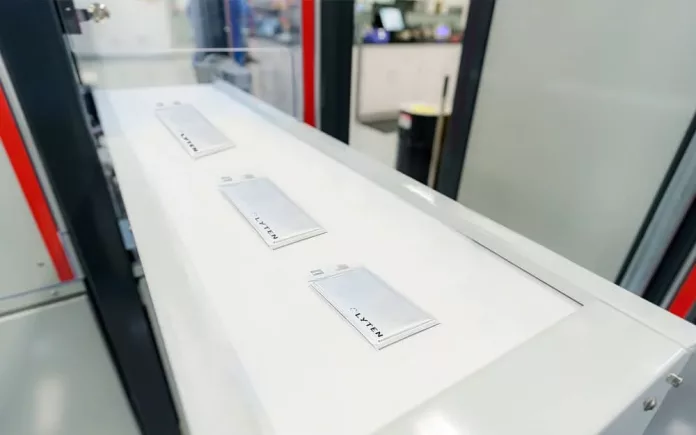Electric vehicles (EVs) are on the brink of a major power source transformation with the development of next-generation battery technologies. Current trends are showing a keen interest in solid-state batteries, but an often-overlooked competitor, lithium-sulfur (Li-S) batteries, are also drawing the eye of innovators due to sulfur’s high availability, non-toxicity, and low cost. A breakthrough in this domain could dramatically expand the EV market if existing issues of chemical and mechanical degradation are addressed.
The Emergence of Lithium-Sulfur Batteries in the EV Arena
Once overshadowed by lithium-ion batteries, lithium-sulfur batteries are now coming to light as a potential alternative capable of decreasing EV costs significantly. Historically, Li-S batteries have encountered obstacles such as rapid capacity fading and physical degradation following charge cycles. However, recent advancements are overcoming these challenges, potentially leading to more affordable, lightweight, and environmentally friendly EVs.
Introducing Lyten’s Lithium-Sulfur EV Batteries
Lyten, a Californian startup, has emerged as a key player in the Li-S battery domain. The company has started dispatching A samples of its lithium-sulfur pouch cells to automakers in the US and EU. This can be seen as a critical stepping stone towards full-scale commercial production. Lyten’s innovative approach demonstrates compatibility with existing lithium-ion manufacturing processes, hinting at a swift transition to mass production and market adoption.
The Advantages of Lithium-Sulfur Batteries
Why focus on lithium-sulfur when lithium-ion is so well established? Lyten posits compelling arguments in favor of lithium-sulfur technology. These include magnified energy density promising extended driving ranges, significant cost savings through the exclusion of expensive metals like cobalt and manganese, a considerable reduction in the carbon footprint of battery production, and enhanced supply chain stability, particularly in the US and EU.
Prospective Markets for Lithium-Sulfur Battery Technology
Automotive giant Stellantis stands out among the over 20 companies potentially lining up for Lyten’s novel Li-S batteries, having showcased this technology in their futuristic Chrysler Halcyon concept car. Furthermore, the defense sector shows promising application prospects, given the increasingly stringent restrictions on sourcing batteries from foreign manufacturers, such as those in China.
As Lyten partners with prestigious universities and companies under a grant from the US Department of Energy, it is clear that the development of lithium-sulfur batteries is gaining significant momentum. While electrification in defense remains tentative, advancements in battery technology hint at a potentially more electrified military fleet in the future, including emergency response vehicles.
With the active exploration of lithium-sulfur battery enhancements by researchers and the military’s interest in alternative power sources, EV enthusiasts and eco-conscious consumers alike have plenty to look forward to in the realm of advanced battery technology.


























